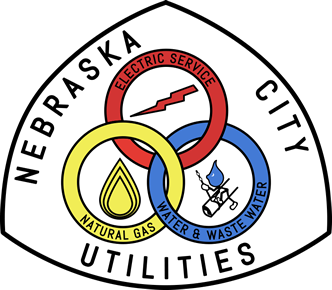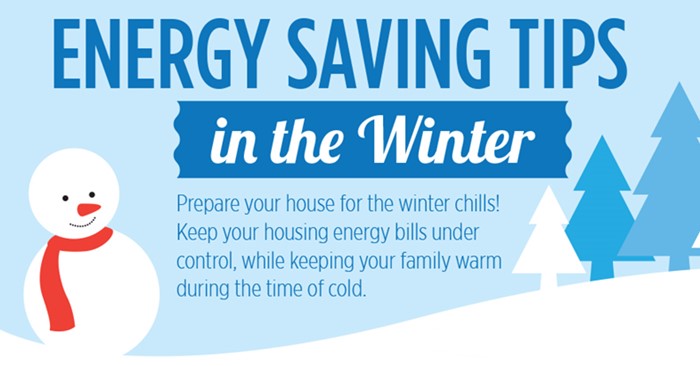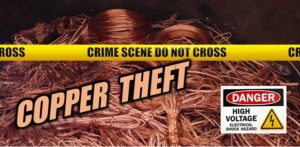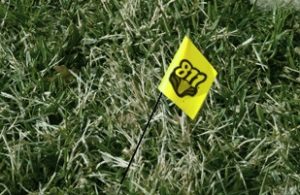FOR IMMEDIATE RELEASE
Nebraska City Utilities named “2018 Tree Line USA” by Arbor Day Foundation
Nebraska City, Neb. (April 13, 2018) – The Arbor Day Foundation has named Nebraska City Utilities a 2018 Tree Line USA in honor of its commitment to proper tree pruning, planting and care in the provider’s service area.
Tree Line USA, a partnership between the Foundation and the National Association of State
Foresters, recognizes public and private utilities for pursuing practices that protect and enhance
America’s urban trees. Tree Line USA promotes the dual goals of delivering safe and reliable
electricity while maintaining health community forests.
“Trees are a critical part of urban landscapes all across the United States,” said Dan Lambe,
president of the Arbor Day Foundation. “Service providers like Nebraska City Utilities
demonstrate that it’s possible for trees and utilities to co-exist for the benefit of communities and
citizens,”
Nebraska City Utilities achieved Tree Line USA by meeting five program standards. Utilities must follow industry standards for quality tree care; provide annual worker training in best tree-care practices; sponsor a tree-planting and public education program; maintain a tree-based energy conservation program; and participate in an Arbor Day celebration.
More information about Tree Line USA click here.
About Arbor Day Foundation: The Arbor Day Foundation is a million mermber nonprofit
conservation and education orgarnzation with the mission to inspire people to plant, nurture and
celebrate hees. More information on the Foundation and its programs can be found at arborday.org.
Click here for Tree Trimming Practices
For more information, contact:
Danny Cohn, 402-47 3-9563
dcohn@arbordav.org






